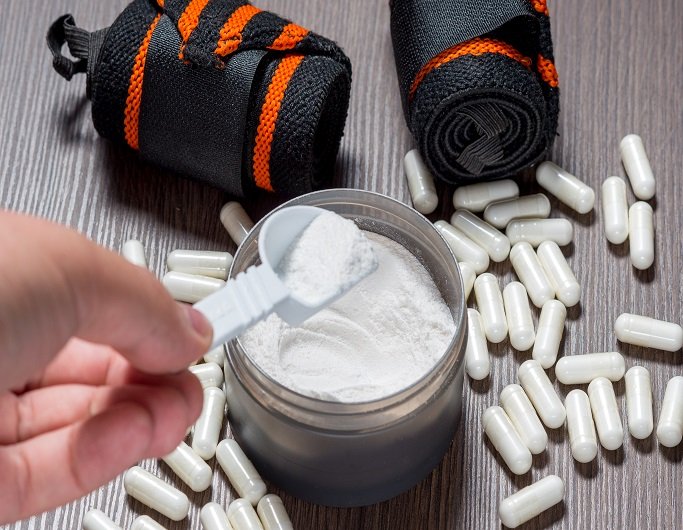
What Does Caffeine Do?
Caffeine is a central nervous system stimulant. Caffeine’s main use is as an energy booster, which increases alertness. The effects of caffeine can change according to how much you are consuming. Many popular drinks contain massive levels of caffeine. An average cup of coffee contains about 100mg of caffeine, but energy drinks can often be over this by more than double!
Effects of Caffeine on the nervous system

Effects of Caffeine on adrenaline
The central nervous system is stimulated by adrenaline, which is released in response to a perceived threat. Caffeine causes the body to think that this situation is occurring. In response, the body increases the amount of adrenaline production and prepares the body for a stressful situation. The more caffeine you take in over time, the more your body will adapt. Eventually your body will balance the effect of caffeine, so more is needed to achieve the same result. This is when you should be looking to take a week off from supplementation of caffeine.
Is caffeine addictive?
Caffeine works on the same pathways that cocaine and heroin use to produce feelings of energy. Caffeine is addictive, but thankfully nowhere near as strong as other drugs. If you feel you can’t function without a morning coffee, then chances are, you’re addicted to caffeine. The more addicted you are, the worse a headache you get when withdrawing from caffeine consumption. This signals definite addiction to caffeine. Other symptoms can include anxiety, nausea and fatigue.





No Comments yet!